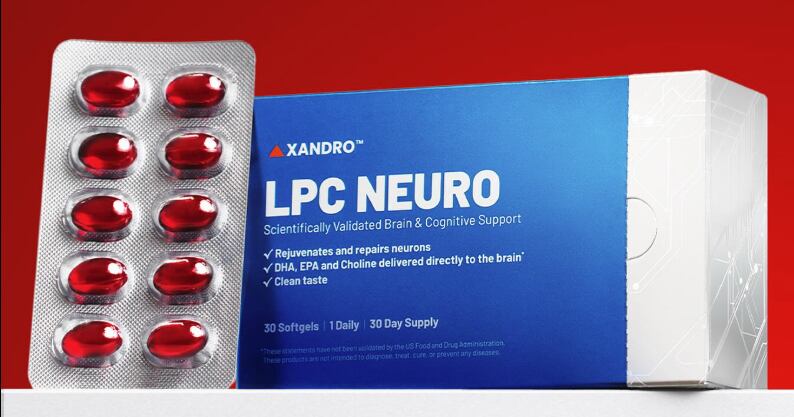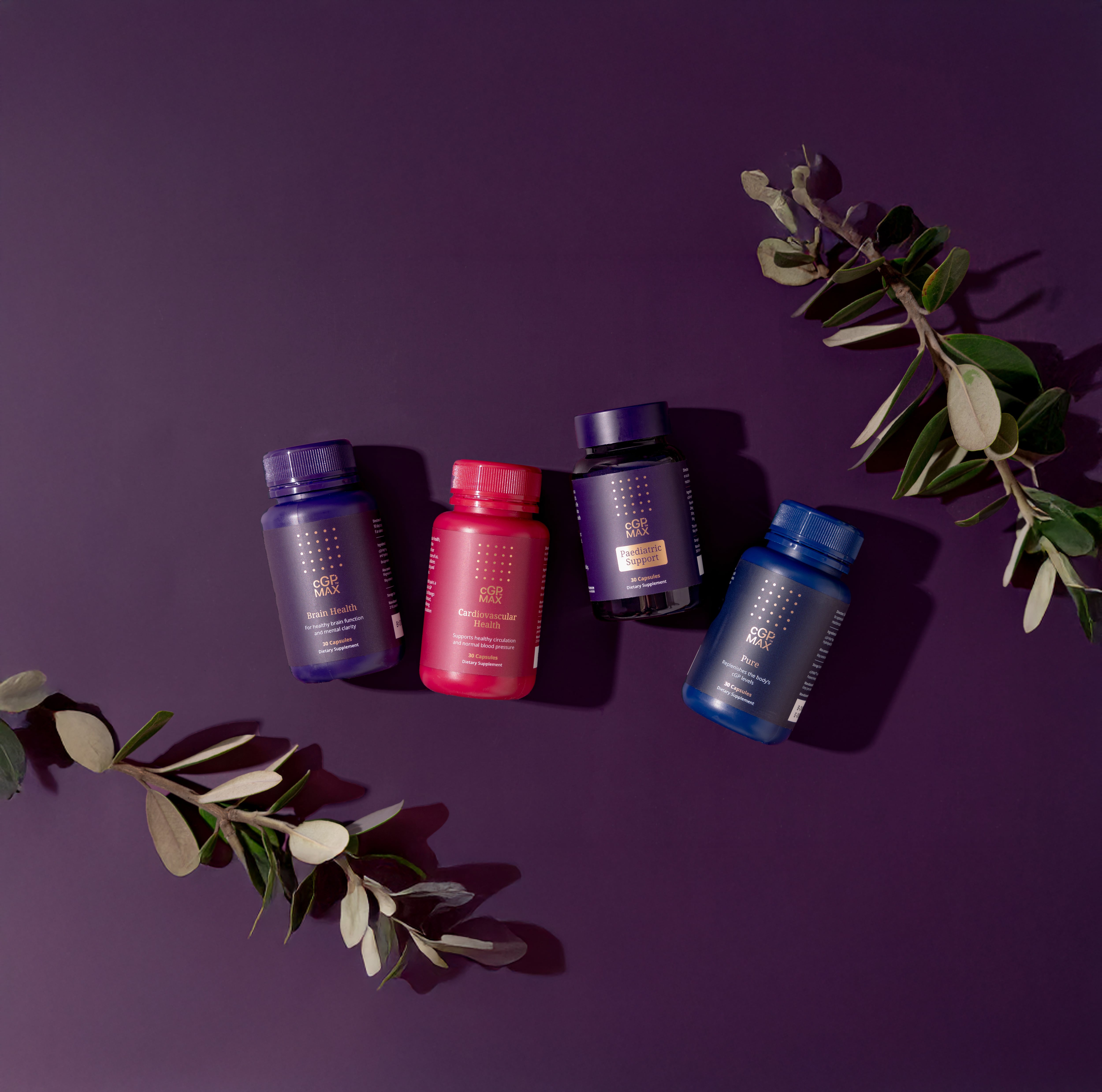Aker BioMarine has signed a two-year exclusive SEA partnership with Singapore supplement firm Xandro Pte Ltd for its new premium ingredient Lysoveta.
Lysoveta is a lyso-phosphatidyl-choline (LPC-bound) EPA and DHA krill oil by Aker BioMarine.
The Norwegian supplier, which sources its krill oil from Antarctica, will exclusively supply Lysoveta to Xandro for the South East Asia markets via this collaboration.
Speaking to NutraIngredients, Ross Norris, general manager Australia and Asia Pacific, said that Lysoveta was a premium krill oil targeted at brain health, and the company would like to start its marketing efforts by exclusively working with a brand partner dedicated to consumer education for the South East Asian markets.
“The decision to work exclusively with Xandro is a simple one, because new premium ingredients often require a significant investment to educate consumers.
“In SEA, which is a price-sensitive market with many fragmented brands, we believe that the better chance for success was to partner with a brand which has shown the willingness to invest in the communications around the ingredient.
“I’ve been in this industry for 17 years and I’ve always seen greater success for new ingredients when you work with brands that knows they have a level of exclusivity, in this way, they will commit to marketing the product well,” he said.
The product with Xandro
Xandro has already launched a supplement containing Lysoveta under its eponymous brand.
Sold as Xandro LPC Neuro, the capsule supplement claims to rejuvenate and repair neurons, with DHA, EPA, and choline delivered directly in the brain, and comes with clean taste.
Aker BioMarine and Xandro also officiated their exclusive partnership via a signing ceremony on day two of Vitafoods Asia held in Bangkok on September 18.
This is the first time that the two companies are working together.
While Xandro’s market presence may be smaller than other local Singapore brands, Norris said that it has a track record of selling premium products, which he said was what his company was looking for in a brand partner for new premium ingredients.
“What really impressed us about Xandro Labs is that they are a small business that has a strong record of selling premium supplements online.
“Whilst they do not necessary have the market coverage of bigger brands, they have a deep passion for communications around technical ingredients.
“And we firmly believe that in the early days, partnering with a company that has a track record in marketing premium products is a benefit for all of us,” he said.
Xandro LPC Neuro is already available in online marketplaces such as Shopee and its own D2C website.
According to its website, a 30-day supply of LPC Neuro is sold the original price of SGD$135 (US$104.27).
Another niche product that it sells is Protocol X which contains nicotinamide mononucleotide (NMN), creatine, taurine, tri-methly-glycine (TMG), and 20 other ingredients at SGD$175 (US$135.17) for one month’s supply.
Strategies for other markets
Elsewhere in Australia, Aker BioMarine will work with healthcare professionals while in the US, the strategy is to engage brand partners from separate sales channels for consumer marketing and outreach.
“A market like US has quite different characteristics from Southeast Asia.
“It is a much more homogenous market, regulations, and has a much higher GDP per capital and as a result, I would think that the most likely strategy would be to work with multiple partners in separate channels in the early days of launching the ingredient.
“That would mean not exclusivity, but less competition in the respective channels, which would give the brands an opportunity to build their market,” said Norris.
In Australia, he said that there were brands that have expressed interest and he hoped to launch products with them within six months’ time.
What is LPC-bound EPA/DHA?
LPC-bound EPA/DHA is naturally occurring in krill at 2% to 3%, according to Norris.
Through a proprietary process, he said that Aker BioMarine has increased the percentage of LPC-bound EPA/DHA to 23%.
Aker BioMarine saw the potential of LPC-bound EPA/DHA back in 2014, after coming across a study showing how the protein MFSD2A is responsible for transporting omega-3 into the brain.
“We’ve discovered in 2014 a published article that identified a specific transporter called the MFSD2A that sits on the blood brain barrier.
“It is responsible for transporting omega-3 into the brain and that transporter will only transport omega-3 that comes in the LPC form - which is a phospholipid structure,” he said.
Three years later, the company came across another study comparing LPC-omega-3 and triglyceride omega-3’s absorption in the body.
“What we saw is that triglycerides were stored in tissues such as heart, muscle. It didn’t get into the brain but the LPC form doubled the amount of DHA that was in the brain.
“That was when we knew that if we were able to increase the level of LPC-omega-3 in a supplement, we’re able to guarantee that the omega-3 goes to the brain.
“So, we’ve set on a seven year journey of innovating with our krill and increasing its level of LPC,” he said.
So far, the company has managed to raise LPC-bound EPA/DHA levels in krill oil to 23%, there are plans to do more and increase the level for next-gen krill oil ingredient.
Being a premium ingredient, Lysoveta is about 2.5 times more expensive than Aker BioMarine’s other krill oil ingredient marketed as Superba Krill.
The science
Aker BioMarine has also embarked on a clinical trial on Lysoveta through a partnership with contract research organization KGK Science.
This is a 18-month randomized placebo-controlled trial with 158 adults aged 50 to 75 experiencing mild memory complaints.
“We will evaluate Lysoveta’s effects on cognitive function, in particularly memory, over a period of 112 days,” said Norris.
The secondary objectives will cover Lysoveta’s effects on mood, omega-3 status, the levels of BDNF, safely and tolerability.
The clinical trial results are expected in mid 2026.
The company has also conducted an animal study with Lysoveta, which Norris said has shown that it could deliver twice the amount of DHA into the brain when compared to free DHA fatty acids.
“We were also able to generate twice the amount of BDNF - which is considered a classic biomarker for stimulating nerve growth.
“We also saw a 7-fold increase in their short-term memory performance and we believe we will see a similar effect in the human study,” he said.





